CASA BLOGS
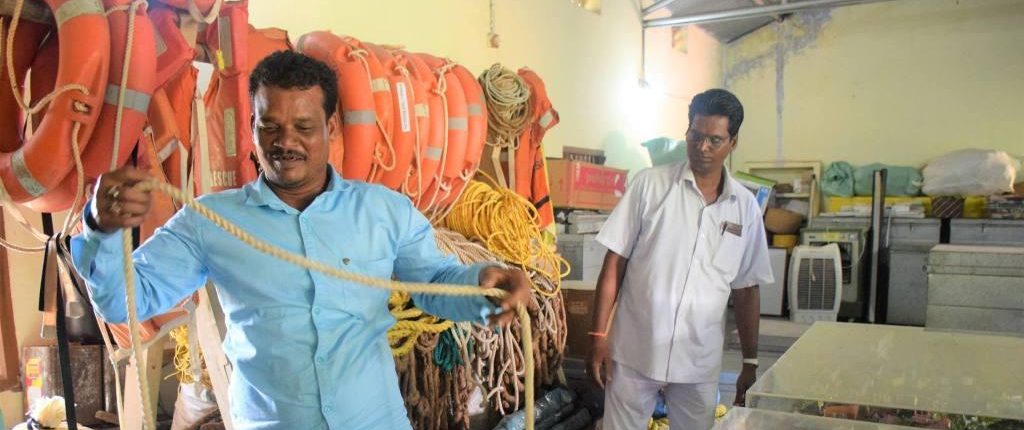
‘Super cyclone changed everything – even our minds’
The horrific memory of October 1999 – Odisha – still haunts people. In the recorded history of tropical cyclonic storms, the strongest cyclone ever, with respect to intensity and the scale of destruction it caused, hit the coast of Odisha on 0ctober 25, 1999.

By Saurabh Kumar
Intern – CASA Communications
“Super cyclone changed everything –even our minds”, laments one of the survivor.
Indian meteorological department registered a total of 9,887 fatalities, 8119 alone in Jagatsinghpur district, but it seems grossly unreported. Some unofficial sources estimated it as much as 30,000.
Individual accounts of survivors are more heartbreaking. Dibakar, from Padanpara village recalls: “My village had all mud houses, all washed away in the ‘super cyclone’. Three acres of harvestable wheat was damaged.” Sadly for Dibakar, besides losing his house he also lost his son who was struck under the tree.
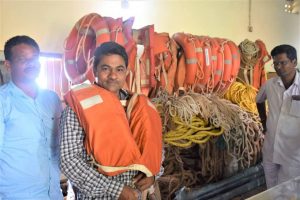
The reason for this catastrophic loss of life and property, partly and more than any other thing, was lack of knowledge, preparedness and fraternity at community level.
In response, CASA started a community based intervention program to empower the villagers to systematically combat such accidents in the future.
Under this program, broadly, two approaches have been adopted keeping in mind the pre, post and during accident preparedness.
First among them is development of Disaster Mitigation Task Force (DMTF). It brought and organized the community members in groups irrespective of caste, creed and gender.
Nabul Chandra, a member of the DMTF says, “The dividing lines have been blurred. People are identified according to their capacity which strengthened as we got specific trainings on first-aid, networking and water conservation. We are always prepared to face any calamity.”
DMTF training includes the early warning system readily available in the villages like ring-bell, shankha, and red-flag. Moreover, regular meetings are organized to discuss contingency plans like safety houses, assessed by numbering and mapping families having child, pregnant women, elderly, and handicapped.
Dibakar, member of DMTF since 2001, went Bihar to train on ‘how to save 100 people’ at the time of crisis. He smiles, “I am one for every 100 persons”. He has been honored by CM Navin Patnaik after he topped a competition on ‘search and rescue operation’.
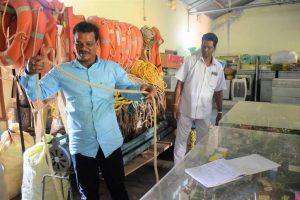 Second approach is of Disaster Risk Reduction (DRR). It aims to increase the resiliency against disasters at community level through systematic reduction of vulnerability.
Second approach is of Disaster Risk Reduction (DRR). It aims to increase the resiliency against disasters at community level through systematic reduction of vulnerability.
In the 1999 cyclone, the worst affected were the farmers. They took as long as 4-months to re-settle. Farmers, thus, have been accorded priority.
Other issues under this program are health and education. As many as 65 villages in Odisha were identified and 54 cyclone centers were spotted with a school in each centre for the time being.
One-storied multi-purpose cyclone centre were constructed in the affected areas to provide safe shelters during natural calamities.
During disasters there is an increase in the numbers of women-centric crimes. Considering this, community development has been gender sensitive. There are task forces consisting only women.
The impact of these efforts has been audacious. On one account, during 2013 cyclone Phailin, the most severe cyclone after 1999, our team evacuated more than 40,000 people without any casualty.
 ADAPTATION – WHAT IS THE LIMIT?
ADAPTATION – WHAT IS THE LIMIT?Featured Post
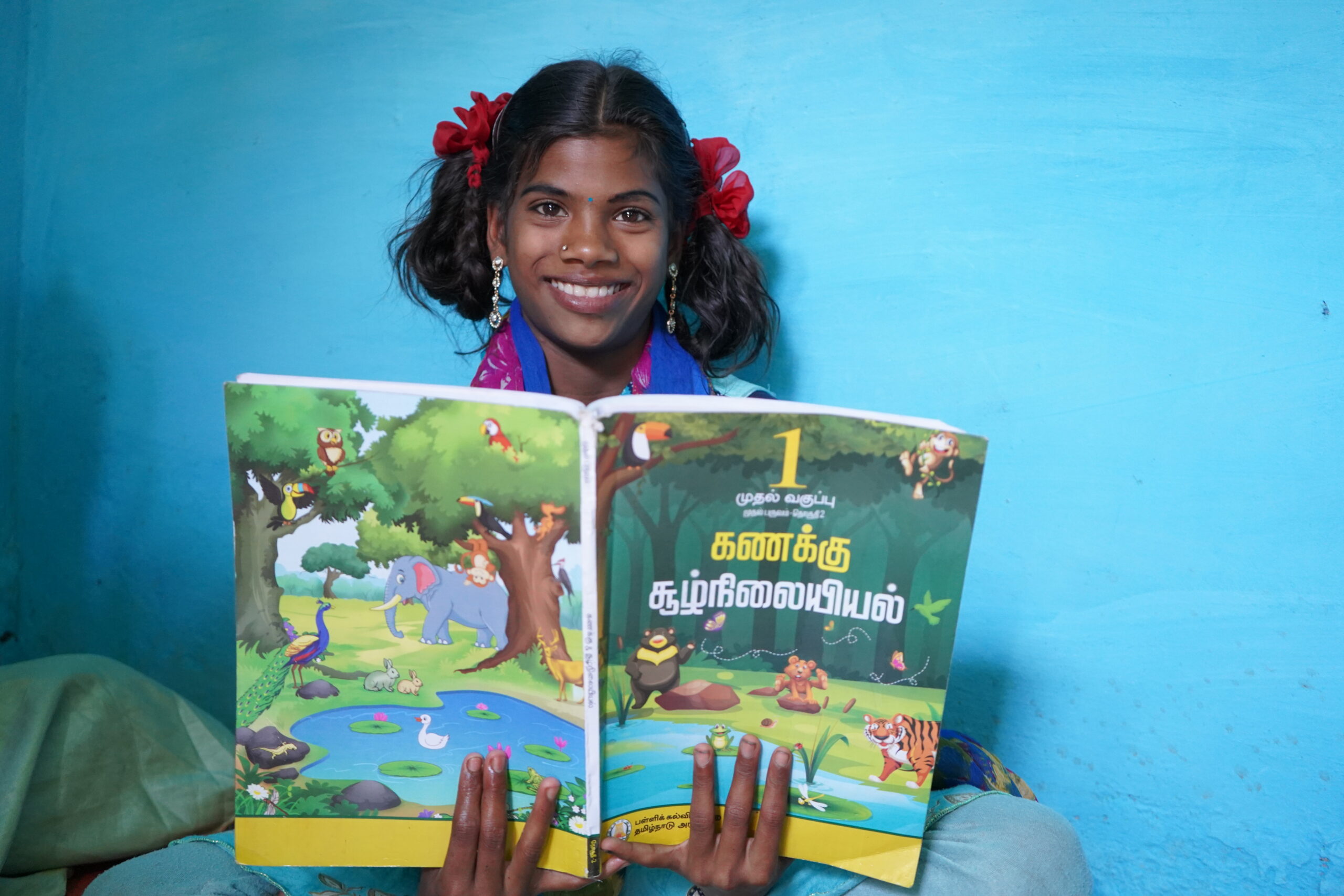
Empowering Rural Education in India:
14 Mar 2024
Introduction: In the vast tapestry of India, education is the key to unlocking the door to a brighter future. However, the challenge of providing quality education to the rural parts of the country persists. In this blog post, we will delve into the crucial role that Non-Governmental Organizations (NGOs) play in bridging the educational gap […]
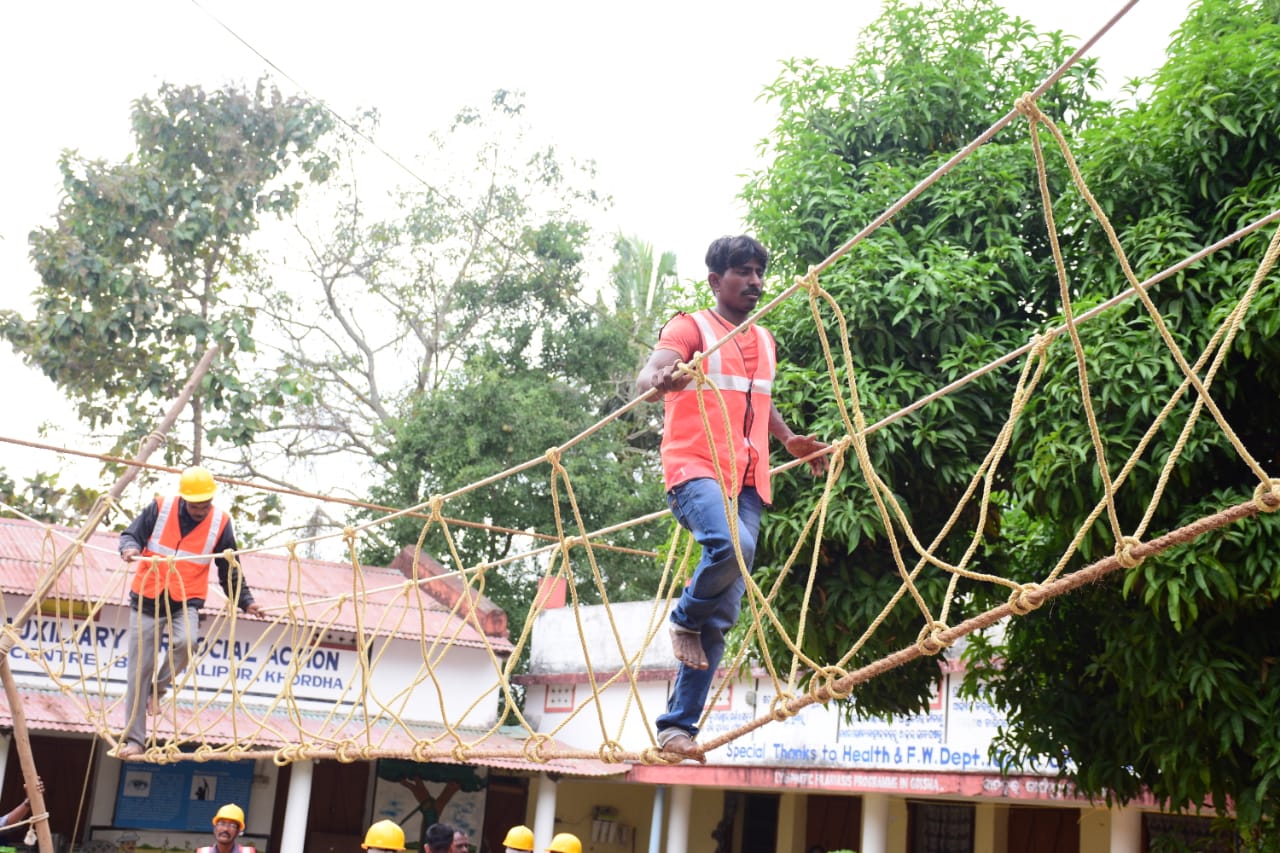
Empowering the Future: Disaster Management Training for School Children in Disaster-Prone Areas
22 Feb 2024
Introduction: In the face of increasing natural disasters worldwide, it becomes imperative to equip our younger generation with the knowledge and skills necessary to handle emergency situations. Children, being one of the most vulnerable groups during disasters, can greatly benefit from disaster management training. This blog explores the significance of imparting such training, with a […]
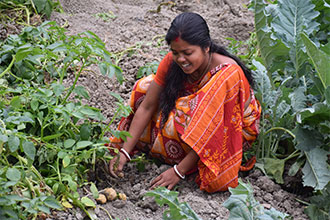
Empowering Women: Transforming Lives Through Sustainable Livelihoods in Rural India
16 Feb 2024
Introduction: In the heart of rural India, a silent revolution is taking place as women embrace newfound opportunities for sustainable livelihoods. This transformation not only uplifts individual lives but also contributes to the overall development of communities. At [Your Organization’s Name], we are committed to driving positive change by providing women in rural India with […]


 Previous Blog Post
Previous Blog Post 